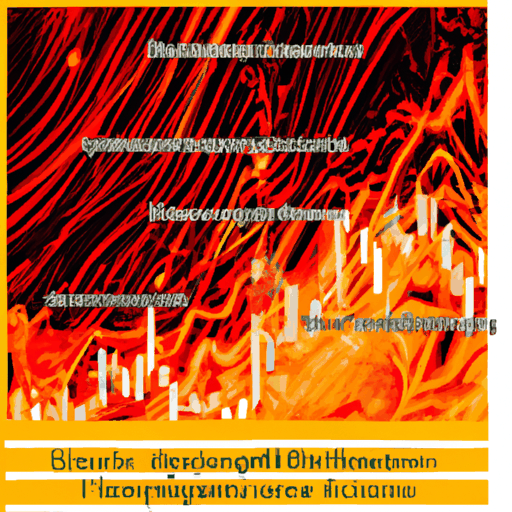
Understanding Bitcoin ETFs and Their Influence on Crypto Markets
By: Isha Das
Bitcoin Exchange Traded Funds (ETFs) have become a pivotal aspect of the cryptocurrency market landscape, offering traditional investors a gateway to gain exposure to Bitcoin without the need to directly hold the cryptocurrency. Bitcoin ETFs allow individuals to invest in Bitcoin through a regulated fund, which mirrors the price of the underlying asset, Bitcoin.
The creation and trading of Bitcoin ETFs have profound implications on the crypto market dynamics, as highlighted by recent events surrounding the U.S. elections. With substantial inflows and outflows, ETFs reflect investor sentiment and can signal broader market shifts. During times of market uncertainty, such as political elections, ETFs might experience heightened volatility as investors reassess risk exposure.
For instance, ETFs like those managed by BlackRock and Grayscale saw significant changes in investor behavior in the lead-up to the U.S. elections. BlackRock's IBIT ETF reported an inflow of $38.4 million, whereas Grayscale's GBTC faced an outflow of $63.7 million. Such variances highlight how political climates can affect investor confidence and decision-making.
Similar trends were observed with other major ETF issuers like Fidelity and Ark Invest, which saw considerable inflows and outflows at this time, illustrating the caution and repositioning of assets in response to electoral proceedings.
Bitcoin ETFs, therefore, serve as a barometer for investor attitude toward market developments. Their rise in popularity underscores the growing acceptance of cryptocurrencies in mainstream financial circles and emphasizes the need for investors to stay informed about the geopolitical and economic factors influencing these assets.Read more.



